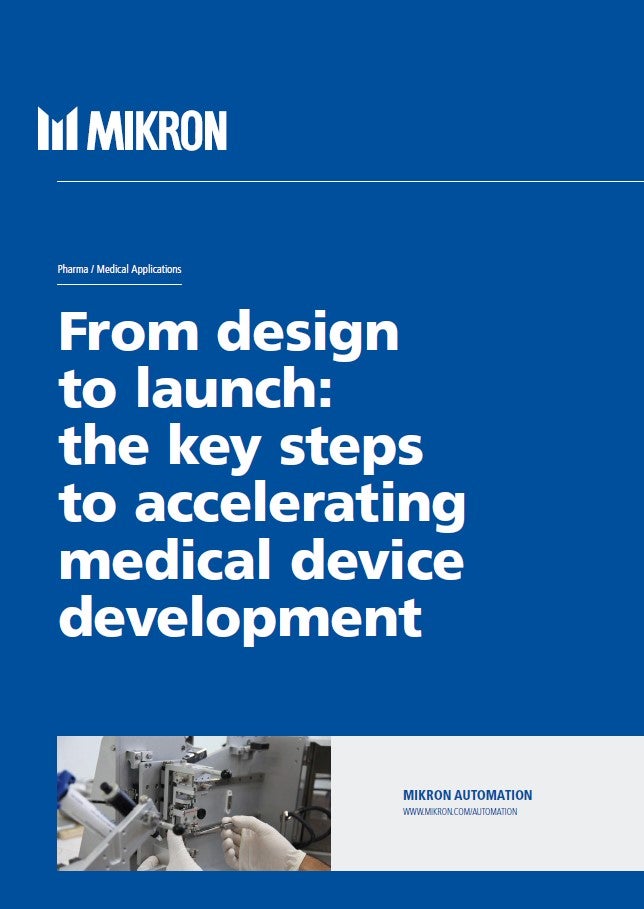
Indian Council for Medical Research (ICMR), National Institute for Occupational Health, Ahmedabad, and ICMR-National Institute of Virology (NIV), Pune, have reportedly developed a new screening test kit for early detection of silicosis.
Silicosis is a long-term lung disease that is caused by inhaling large amounts of crystalline silica dust over many years. It is usually diagnosed at an advanced stage.
With early detection, there could be a possibility of controlling silicosis and providing a suitable predictor.
This would help to save the lives of quarry workers, masons and construction labourers, most of whom work in the informal sector across the world.
ICMR Mumbai team member Shyam Sundar Nandi said: “Silicosis is an incurable, irreversible and progressive lung disease caused by continuous or intermittent exposure to silica dust while working.
How well do you really know your competitors?
Access the most comprehensive Company Profiles on the market, powered by GlobalData. Save hours of research. Gain competitive edge.

Thank you!
Your download email will arrive shortly
Not ready to buy yet? Download a free sample
We are confident about the unique quality of our Company Profiles. However, we want you to make the most beneficial decision for your business, so we offer a free sample that you can download by submitting the below form
By GlobalData“Silicosis is caused by inhalation of respirable crystalline silica dust which, over time, leads to lung inflammation and fibrosis. India has an estimated 12.5 million silicosis affected people.”
The kit, which is similar to a pregnancy test kit, detects levels of serum CC16 in the blood.
Depending on the serum concentration, patients with severe, mild or likelihood of developing silicosis in the near future, can be diagnosed from the kit.
When the serum CC16 value ranges between six and nine ng/ml, it indicates early-stage silicosis, reported The Times of India.
It is noted that most patients suffering from silicosis develop tuberculosis (TB), which could have an effect on the TB control programme.
The Indian Government is reportedly planning to make it mandatory for industries to conduct the CC16 rapid test twice every year for staff who are exposed to silica dust.






